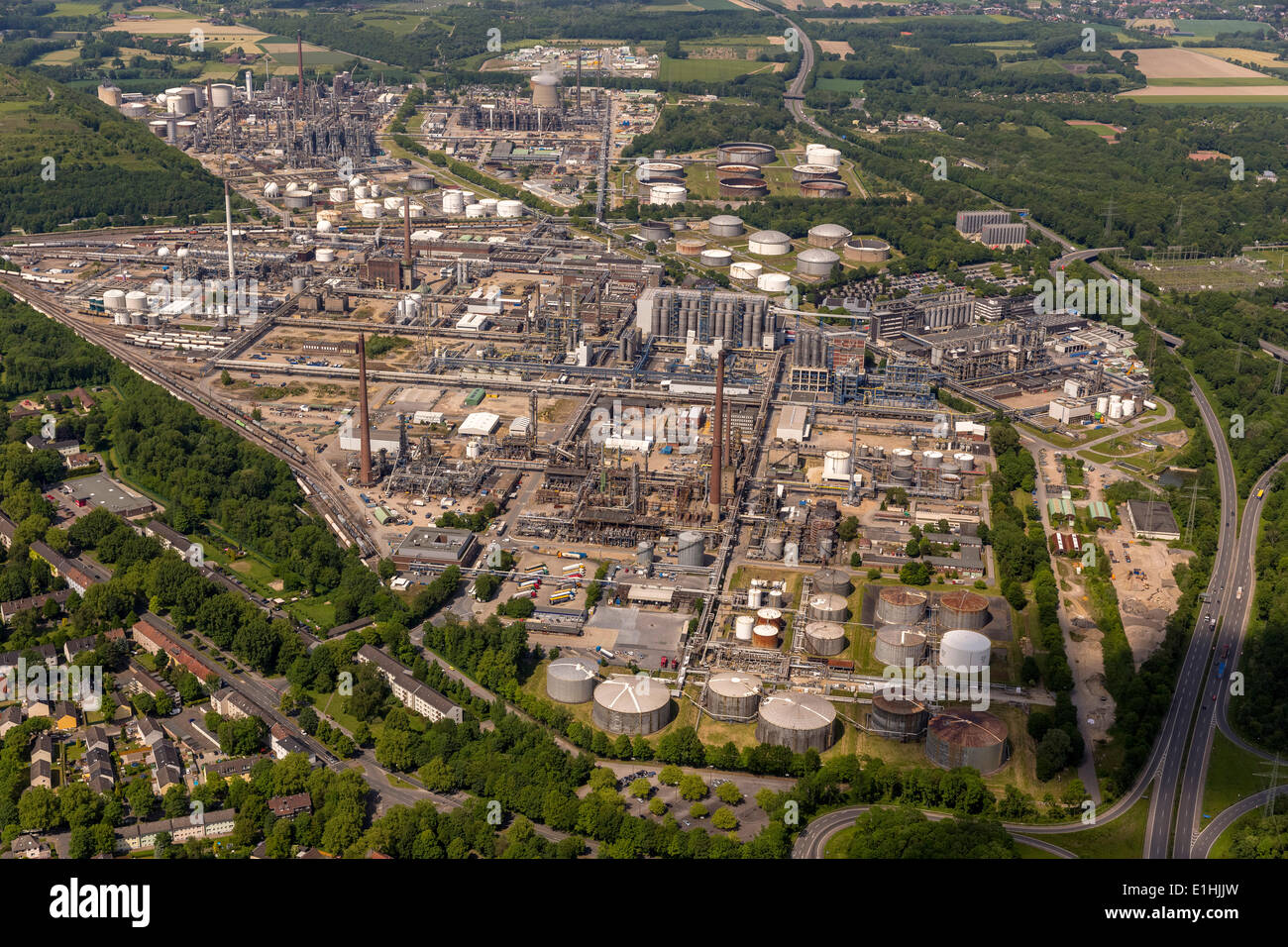Gelsenkirchen
Gelsenkirchen is small city located in Germany, within a short drive or train-ride of Dusseldorf. Situated in North Rhine-Westphalia, Gelsenkirchen attractions include everything from historic buildings and stunning architecture to nature walks. Gelsenkirchen is located in: Deutschland, Nordrhein-Westfalen, Gelsenkirchen. Find detailed maps for Deutschland, Nordrhein-Westfalen, Gelsenkirchen on ViaMichelin, along with road traffic and weather information, the option to book accommodation and view information on MICHELIN restaurants and MICHELIN Green Guide listed tourist sites for. Gelsenkirchen, city, North Rhine–Westphalia Land (state), western Germany. It lies just north of Essen. Gelsenkirchen was a village of fewer than 1,000 inhabitants in 1850, but the opening in 1853 of its first coal mine and its favourable position on the Rhine-Herne Canal stimulated its rapid.

Gelsenkirchen Germany
Gelsenkirchen

Gelsenkirchen Bp
Gelsenkirchen was a small village in 1850, but grew rapidly after the opening of the first coal mines in the 1850s. In 1928 the neighboring towns of Buer and Horst were absorbed by Gelsenkirchen. The city has a fine moated castle (16th–18th cent.), a municipal museum, and a zoological park. Current local time in Germany – North Rhine-Westphalia – Gelsenkirchen. Get Gelsenkirchen's weather and area codes, time zone and DST. Explore Gelsenkirchen's sunrise and sunset, moonrise and moonset.
Gelsenkirchen Einwohnermeldeamt
Gelsenkirchen is a city in North Rhine-Westphalia, Germany. It is located in the northern part of the Ruhr area. Its population in 2006 was c. 267,000.Gelsenkirchen was first documented in 1150, but it remained a tiny village until the 19th century, when the Industrial Revolution led to the growth of the entire area. In 1840, when the mining of coal began, 6000 inhabitants lived in Gelsenkirchen; in 1900 the population had increased to 138,000.In the early 20th century Gelsenkirchen was the most important coal mining town in Europe. It was called the 'city of a thousand fires', for the flames of mine gasses flaring at night. In 1928 Gelsenkirchen was merged with the adjoining cities of Buer and Horst. The city bore the name Gelsenkirchen-Buer, until it was renamed Gelsenkirchen in 1930. During the Nazi era Gelsenkirchen remained a centre of coal production and oil refining, and for this reason it was bombed by Allied air raids in World War II. During the war, it was the site of a women's subcamp of the Buchenwald concentration camp. Today in Gelsenkirchen there are no collieries any more and Gelsenkirchen is searching for a new image, having been hit for decades with one of the highest unemployment rates of Germany. Today Germany's largest solar power plant is located in the city. In Gelsenkirchen-Scholven there is a coal-fired power station with the tallest chimneys in Germany. Gelsenkirchen is home of the famous football club Schalke 04, which is named after the borough Schalke, while the club's arena, the Veltins-Arena, is located in the borough Erle.